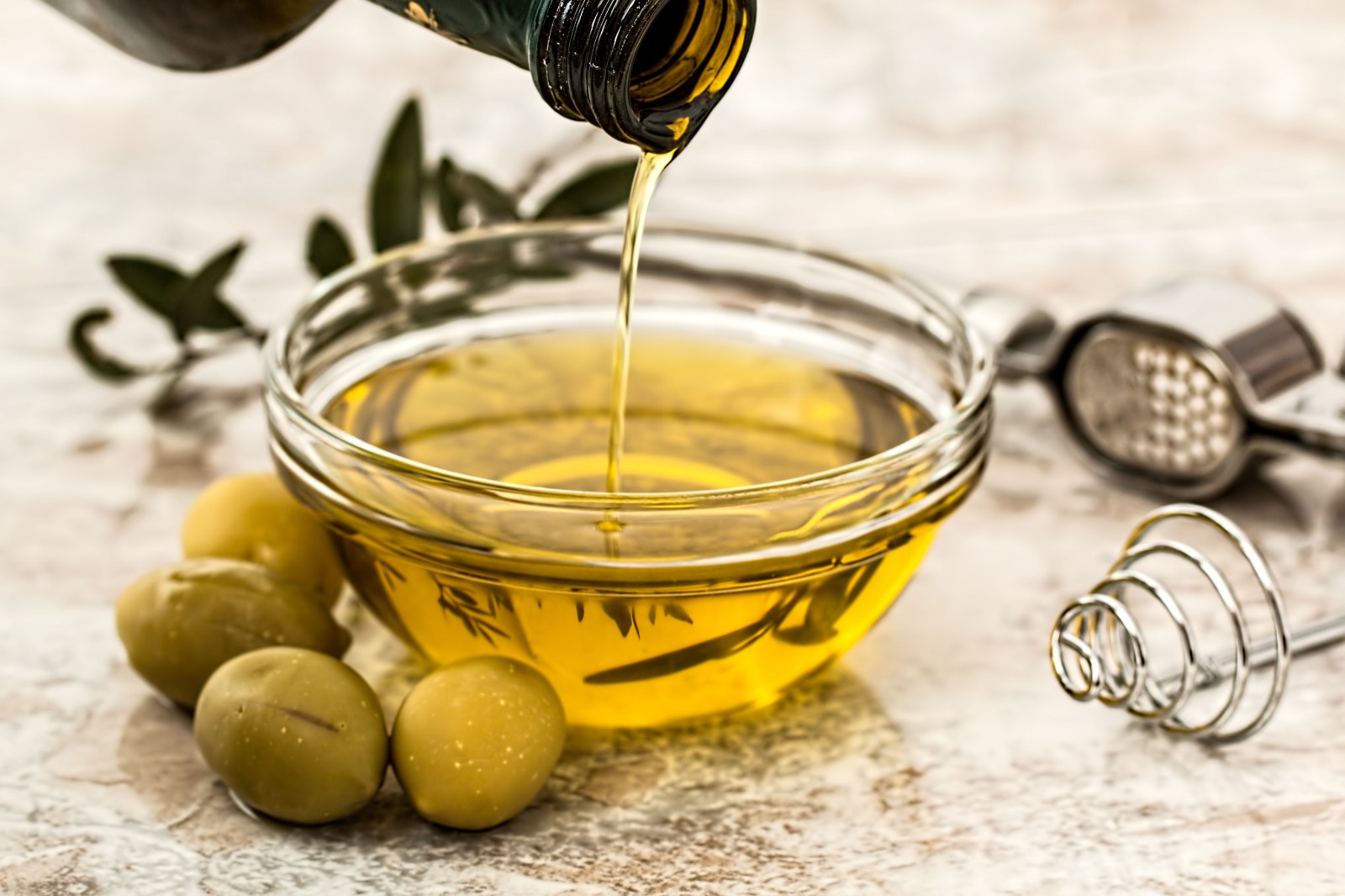


The UK's Guardian reported on the 29th that due to a sharp decline in olive oil production and soaring prices, Europe has frequently witnessed incidents of adulterated edible olive oil in recent years, triggering public concern about food safety issues in Europe.
According to the report, UK media cited EU statistics stating that there were 50 cases involving olive oil quality and safety in the first quarter of 2024 within the EU, more than three times the number in the same period in 2018, setting a new record in recent years. Relevant accident reports revealed that some so-called "extra virgin olive oil" products were actually cheap "blended oils," and some merchants labeled ordinary olive oil products as "extra virgin." In February this year, Germany exposed a typical case: an Israeli merchant labeled unrefined and entirely non-edible counterfeit products as "extra virgin olive oil" for sale to European countries. Other reports indicated that mineral oil and pesticide components were detected in some products, and even glass fragments were found in inferior products.
The report noted that the above cases were only those detected and reported to the European Commission's Directorate-General for Health and Food Safety by EU member states during cross-border trade and did not include edible oil products sold domestically within EU member states. Media speculated that the actual problems in the European olive oil market were far more severe. According to CNN, Italian police recently uncovered a major case of olive oil fraud in the south of the country, confiscating a total of 42 tons of "fake oil" with a market value of approximately USD 1 million. Euronews had already warned consumers earlier this year to carefully check the labels of "extra virgin" oils, claiming that selling fake oil had become a "routine operation" in the European market.
Due to drought-induced steep declines in olive oil production and the impact of inflation, olive oil has been dubbed "liquid gold," the report said. For example, the price of a type of Spanish olive oil has soared from EUR 262.50 per 100 kg five years ago to EUR 787 in November 2023 (approximately 7.85 Chinese yuan per 1 euro). Experts believe that similar chaos could emerge in the chocolate and coffee markets, as the raw materials for these products are also directly affected by climate change, and "the more processed the food industry, the more likely it is to attract fraudsters."
Need help or have a question?
Send mail